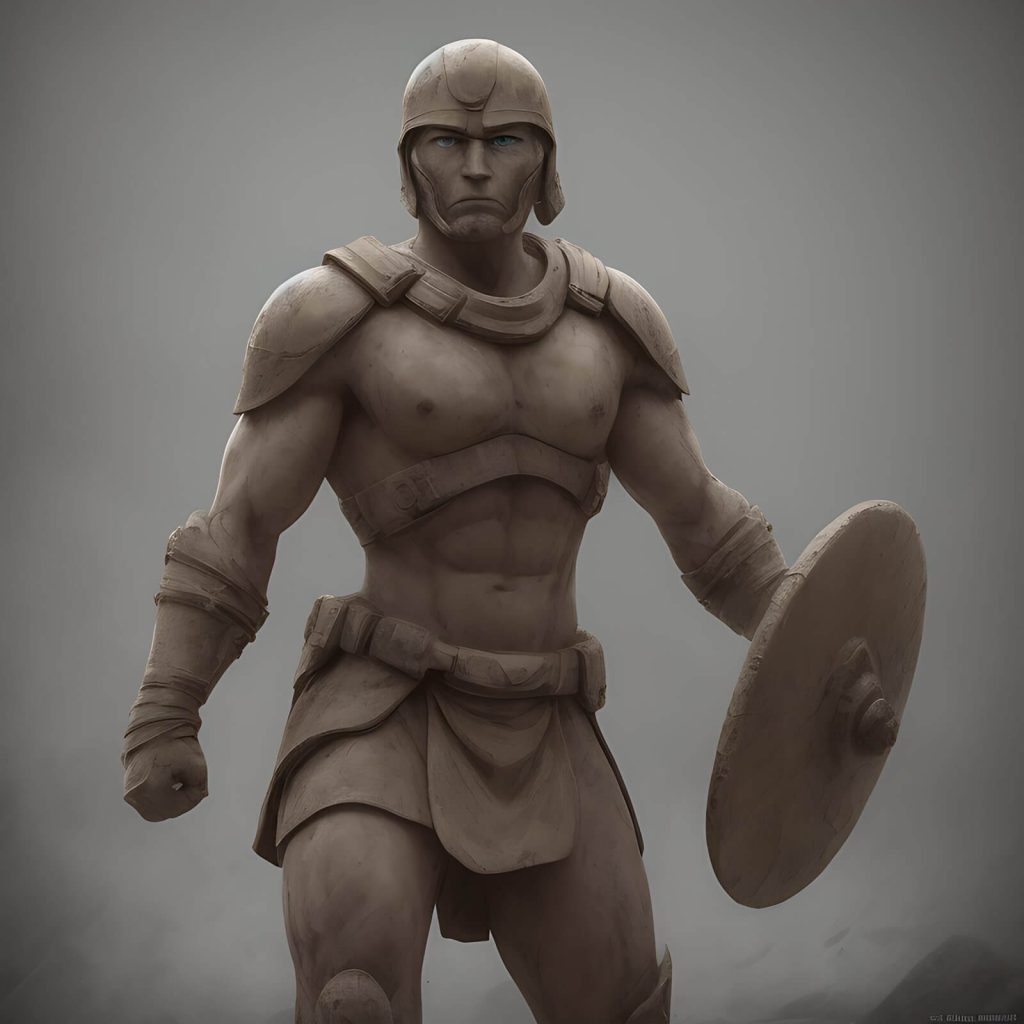
I. Introduction
The history of Syracuse city-state is a compelling narrative of power, ambition, and resilience that shaped the ancient Mediterranean world. This article delves into the rise and fall of Syracuse, highlighting its significance, achievements, and enduring legacy. By studying the history of Syracuse, we gain insights into the complexities of ancient city-states and the lessons they offer to contemporary societies.
II. Background
Geographical Location of Syracuse City-State
Situated on the eastern coast of Sicily, Syracuse enjoyed a strategic position that facilitated its growth as a prominent city-state in the ancient world. Its natural harbor and fertile lands made it a hub of trade and commerce.
Establishment and Early History
Founded by Greek colonists in the 8th century BCE, Syracuse rapidly expanded and developed into a thriving urban center. The city-state’s early history was characterized by cultural exchanges and economic prosperity.
Political and Social Structure
Syracuse boasted a complex political system with democratic and oligarchic elements. The city-state’s social structure reflected a diverse population, including citizens, slaves, and foreign residents.
III. Golden Age of Syracuse
Leadership of Tyrants such as Gelon and Hiero
During the Golden Age of Syracuse, tyrants like Gelon and Hiero rose to power, transforming the city-state into a formidable force in the Mediterranean. Their leadership brought stability and prosperity to Syracuse.
Military Prowess and Expansion
Syracuse’s military prowess was legendary, with its well-trained army and navy conquering neighboring territories and repelling foreign invasions. The city-state’s military campaigns expanded its influence across Sicily and beyond.
Cultural Achievements and Influence
The Golden Age of Syracuse’s was also marked by cultural flourishing, with advancements in art, literature, and philosophy. Syracuse’s intellectual and artistic achievements influenced the wider Greek world.
IV. Conflict and Decline
Wars with Carthage and Other Greek City-States
Syracuse’s faced numerous conflicts with Carthage and rival Greek city-states, leading to prolonged wars and territorial disputes. These conflicts strained Syracuse’s resources and stability.
Rise of Internal Dissent and Political Instability
Internal dissent and power struggles within Syracuse’s weakened the city-state’s cohesion and governance. Factionalism and political rivalries eroded the authority of Syracuse’s leaders.
Conquest by the Romans
The conquest of Syracuse’s by the Romans in 212 BCE marked the end of its independence and autonomy. The fall of Syracuse to Roman forces signaled a significant shift in the balance of power in the Mediterranean.
V. Legacy of Syracuse
Influence on Later Civilizations
Syracuse’s legacy endured beyond its conquest, influencing later civilizations through its architectural, artistic, and intellectual achievements. The city-state’s cultural contributions left a lasting imprint on the Mediterranean world.
Archaeological Discoveries and Preservation Efforts
Archaeological excavations in Syracuse have unearthed a treasure trove of artifacts and monuments that shed light on its rich history. Preservation efforts aim to safeguard Syracuse’s heritage for future generations.
Lessons Learned from the Rise and Fall of Syracuse City-State
The rise and fall of Syracuse offer valuable lessons on the dynamics of power, conflict, and resilience in ancient city-states. Studying Syracuse’s history provides insights into the challenges and opportunities faced by urban centers in the ancient world.
VI. Conclusion
In conclusion, the exploration of Syracuse city-state reveals a complex tapestry of triumphs and challenges that defined its rise and fall. By unraveling the layers of Syracuse’s history, we gain a deeper understanding of ancient city-states and their enduring impact on civilization. The lessons learned from Syracuse’s journey resonate with contemporary societies, highlighting the importance of resilience, diplomacy, and cultural exchange.
VII. References
– Thucydides, “History of the Peloponnesian War”
– Diodorus Siculus, “Library of History”
– Polybius, “The Histories”
– Plutarch, “Lives”